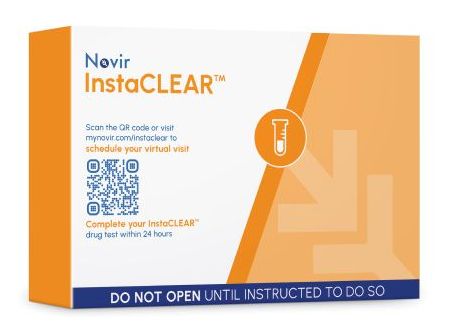On August 1, 2013, Illinois Governor Pat Quinn signed into law the “Compassionate Use of Medical Cannabis Pilot Program Act.” Whether you support it or not, it WILL affect the workplace. And not in a good way.
The drug testing and HR worlds are buzzing with concern and questions. Many questions.
 Is marijuana medicine?
Is marijuana medicine?
The term “medical marijuana” suggests that it is. And it’s legal for use for a specific list of conditions. But medicine is regulated by the FDA, and the DEA still considers marijuana a Schedule I Controlled Substance (“no currently accepted medical use in the United States, a lack of accepted safety for use under medical supervision, and a high potential for abuse”). Here’s an article on the topic which describes some of the reasoning. And another.
But is it medicine? Technically, probably not*. But employers are going to have to treat is as if it is. And treat employees with valid permits as they would any employee with any other legitimate prescription.
“In those states in which marijuana is absolutely illegal, the employer can still prohibit it, but I wouldn’t be surprised if the EEOC takes up a medical marijuana disability claim on behalf of a user who’s employed by a company in a prohibited state. Unless a company is willing to test the EEOC, that company might want to maintain an open mind about medical marijuana,” says Chuck Krugel, a Chicago employment attorney.
Many of Chuck’s clients are small and medium-sized business owners who “tend to be more averse to the costs of litigation.”
Will there be fraud or abuse?
Sure there will. Next question.
Actually, we’ll deal with this in another post.
Isn’t the Illinois law more restrictive than other states?
Yes, but some of it is unclear. Will be addressed in another post.
Is marijuana really that big a deal?
Not if you don’t mind paying the consequences. Smart employers would rather not.
Isn’t it still against federal law?
Yes. And federal law trumps state laws. The Department of Transportation has made it clear they will have none of it. Safety is the key, and pot smokers are not safe. That is their view.
BUT, as Chuck says, “Although marijuana is against federal law, the federal government, per the Obama administration, has said that in many instances it won’t enforce that prohibition. So, this puts employers in a murky area.”
If the feds won’t enforce it, then are you prepared to battle it out in the courts? Your call.
Can we ban it? Test for it? Can people smoke pot at work?
The law does address some of those questions, but the reality is it creates some problems for employers. The main thing is to use this as an opportunity to review your substance abuse policy. Make sure it’s non-discriminatory (treats everyone the same). If you test for drugs, then make sure your process allows for medical review of all positive test results. Well-written policies allow the medical review officer to determine whether a legitimate prescription creates a risk in the workplace. Make sure the language in your policy does not exclude medical marijuana.
If you don’t test, this should be reason enough to start. There WILL be more users, with or without permits.
And no, they can’t smoke it at work.
So what do we do?
InOut Labs can help you implement a Drug-free Workplace program, complete with policy, training and testing. Medical marijuana is on its way in a few short months. Don’t wait.
You can read the law here.
You are advised to seek counsel to deal with your specific situation.
*The FDA approves all medicines. It was approved by state legislatures and voters, without going through the established approval process medicines must.


